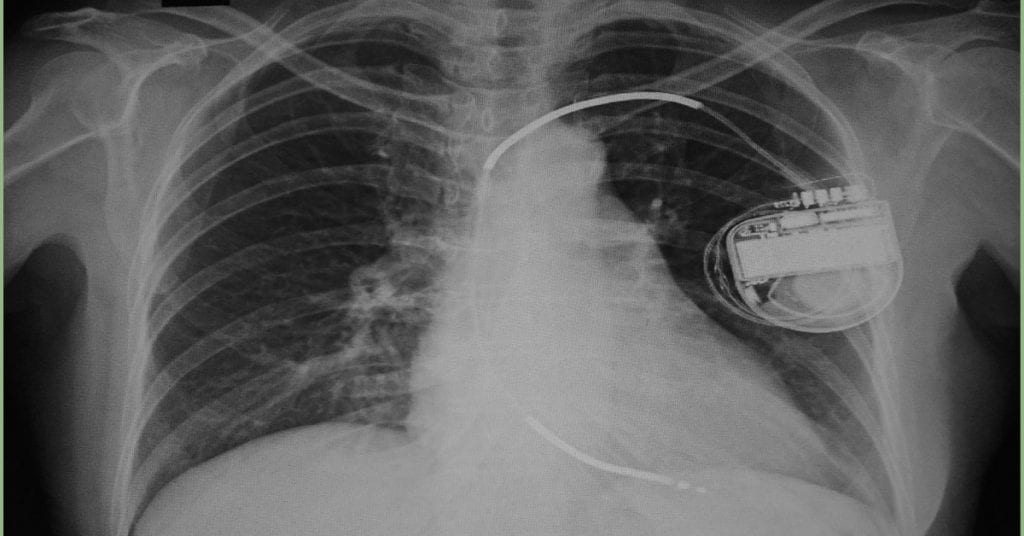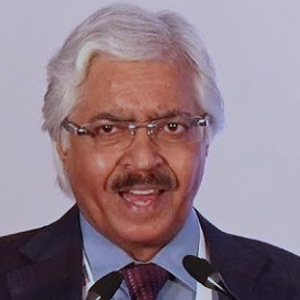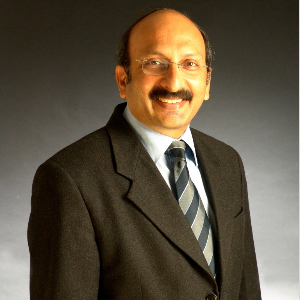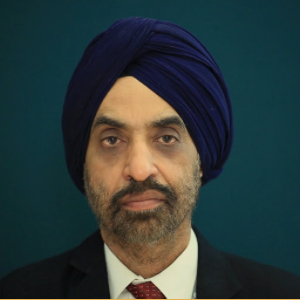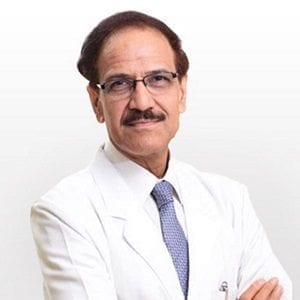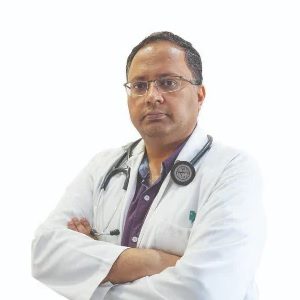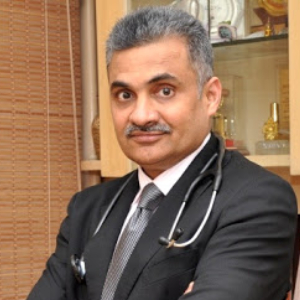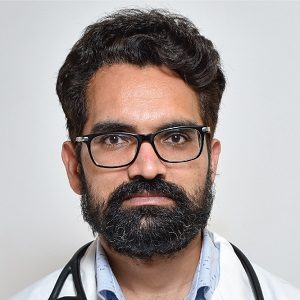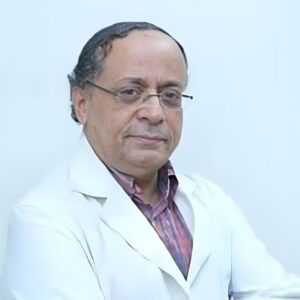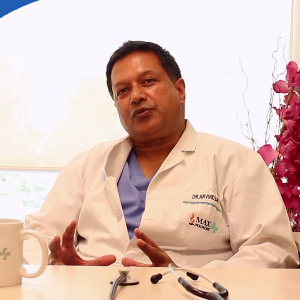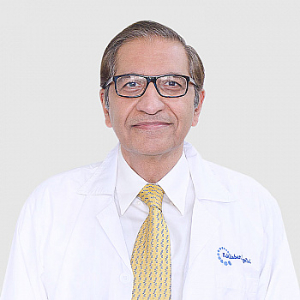Cost of AICD Implantation in India
| Treatment | Starting Price | Average Price | Approximate Hospital Stay | Approximate Stay in India |
|---|---|---|---|---|
| AICD Implantation | 9,500 USD | 10,000 USD | 3 Days | 1 Week |
Have questions? Discuss with us
Contact Us!
Best Cardiologists in India for AICD Implantation
- Top Interventional Cardiologist | Fortis Escorts, New Delhi, India
- 35+ Years Experience
- Fortis Escorts Heart Institute New Delhi
Profile Highlights:
- Dr. Ashok Seth is one of the most well-known Interventional Cardiologists in India honored with both the Padma Shri and Padma Bhushan by the Government of India.
- With over 35 years in interventional cardiology, Dr. Seth has pioneered numerous angioplasty techniques in India and the Asia Pacific region.
- He has performed over 20, 000 angioplasties and 50,000 angiograms till date.
- Dr. Seth holds a Fellowship of the Royal College of Physicians of Ireland, London, and Edinburgh along with several other degrees to his name.
- Interventional Cardiologist, Gurugram, India
- Over 30 years’ experience
- Medanta-The Medicity, Gurgaon
Profile Highlights:
- Dr. Praveen Chandra is one of the most well-known and respected Interventional Cardiologists in India and performs over 5000 percutaneous and diagnostic interventions every year.
- He specializes in devising techniques that help minimize open surgeries. He performed the first Percutaneous Aortic Valve implantation without surgery in India.
- He also developed techniques to reduce the number of patients requiring bypass surgeries and has been trying to make angioplasty techniques more accurate to help with the treatment of multiple blocked arteries.
- Top Cardiologist | Max Hospital, Saket, New Delhi, India
- 34+ Years Experience
- Max Super Specialty Hospital, Saket, New Delhi
Profile Highlights:
- Dr. Balbir Singh is a reputed cardiologist with over 32 years of experience, who is considered a veteran in his field, both nationally and internationally.
- He has also pioneered several minimally invasive cardiology surgical techniques in India and has been honored with the prestigious Padma Shree Award for his exceptional performance.
- “LIMCA” Book of Records also highlighted Dr. Balbir Singh’s contribution to the medical field in the Indian Electrophysiology Journal.
- Top Interventional Cardiologist | BLK Hospital, New Delhi, India
- 30+ Years Experience
- BLK Super Specialty Hospital, New Delhi
Profile Highlights:
- Dr. Subhas Chandra is a leading Interventional Cardiologist in Delhi presently associated with BLK-Max Super Speciality Hospital as the Chairman and Head of Cardiology.
- He has over 30 years of experience and specializes in coronary interventions, endovascular interventions, device implantation, and structural heart diseases.
- He has performed more than 25,000 coronary interventions (complex angioplasty and rotablation), 4000+ for structural heart diseases, and has done more than 3000 permanent pacemaker implants.
- Dr. Chandra’s knowledge of interventional cardiology is enormous and he has served both as a consultant and teacher of cardiology in some of the most prestigious medical hospitals and colleges in India.
- Top Interventional Cardiologist | Apollo Hospital, New Delhi, India
- 11+ Years Experience
- Indraprastha Apollo Hospital, New Delhi
Profile Highlights:
- Dr. Amit Mittal is a highly experienced and respected Cardiologist affiliated with Apollo Hospitals Indraprastha in New Delhi, bringing over 11 years of specialized experience in the field of cardiology.
- With advanced degrees including MBBS, MD, and DM (Cardiology), Dr. Mittal has built a distinguished career in diagnosing and managing a wide range of cardiovascular conditions.
- Dr. Amit Mittal is renowned for his clinical acumen and compassionate care, making him a sought-after specialist in South East Delhi.
- His extensive experience and dedication to cardiology ensure that patients receive top-notch care tailored to their individual needs.
- Top Interventional Cardiologist | Fortis Escorts, New Delhi, India
- 20+ Years Experience
- Fortis Escorts Heart Institute New Delhi
Profile Highlights:
- Dr. Praveer Agarwal, the Executive Director of Interventional Cardiology at Fortis Escorts Heart Institute in New Delhi, is a highly esteemed cardiologist recognized for his substantial contributions to the field of Interventional Cardiology in India.
- With an MBBS, MD, and DM, Dr. Agarwal has built a distinguished career dedicated to advancing cardiac care and training.
- His expertise spans a wide range of interventional procedures, making him one of the most versatile cardiologists in the country.
- Interventional Cardiologist, Gurugram, India
- Over 13 years’ experience
- Fortis Memorial Research Institute
Profile Highlights:
- Dr. Jagdeep Yadav is one of the best cardiac surgeons in Gurugram. He is particularly interested in non-coronary therapies such as peripheral interventions and device closures.
- Dr. Jagdeep Yadav is skilled in using modern techniques in interventional cardiology and non-invasive cardiology procedures. He employs cutting-edge technologies such as IVUS, OCT, FFR, and IVL to make life better in complex cardiac therapies.
- Cardiologist, Hyderabad, India
- Over 25 Years Experience
- Apollo Hyderabad
Profile Highlights:
- Dr. Sunil Kapoor is a highly esteemed Cardiologist based at Apollo Hospitals Jubilee Hills in Hyderabad, boasting over 25 years of dedicated experience in his field.
- He is well-qualified with an MBBS, DM in Cardiology, MD in General Medicine, MNAMS, and holds the prestigious Fellow of the American College of Cardiology (FACC) designation.
- Top Interventional Cardiologist | Max Hospital, Saket, New Delhi, India
- 24+ Years Experience
- Max Super Specialty Hospital, Saket, New Delhi
Profile Highlights:
- Dr. Arvind Das is an interventional cardiologist with expertise in all kinds of coronary and non-coronary interventions and electrophysiology.
- Dr. Arvind Das received his fellowship training in pacing and electrophysiology from the renowned Royal Melbourne Hospital in Australia. He has undergone training at Semelweiss Heart Centre, Budapest for Device Implantation.
- Dr. Arvind Das has years of knowledge and experience in various cardiac procedures and provides the best diagnostic and therapeutic treatment for all types of heart diseases and disorders.
- Top Interventional Cardiologist | Kokilaben Hospital, Mumbai, India
- 45+ Years Experience
- Kokilaben Dhirubhai Ambani Hospital
Profile Highlights:
- Dr. Jamshed Dalal is a well-known Interventional Cardiologist who has over 45+ years of experience and specializes in Adult Interventional Cardiology.
- Dr. Jamshed Dalal is a highly recommended cardiologist for Angiography and performed his first coronary angiography in the year 1978 in UK.
- He specializes in various kinds of coronary and peripheral cardiac procedures and carries immense expertise in Angioplasty, intravascular ultrasound, Pacemaker Implantation, and FFR.
KNOW THE PROCEDURE
AICD Implantation
Automated Implantable Cardioverter-Defibrillator (AICD) or an implantable cardioverter-defibrillator (ICD) is a device that is placed in the chest & monitors the heart rate & rhythm. In case, a fast abnormal heart rhythm is detected, the device provides energy to the heart muscle which normalize the heart rhythm.
The ICD comprises of two parts:
First part is the Lead(s) which are made up of wires and sensors that monitors the heart rhythm and delivers energy used for pacing.
The second part is the Pulse Generator which has a battery that houses energy, & a tiny computer that receives information from the leads to determine how the heart is beating.
Types of ICDs
Single-chamber ICD
A lead is attached in the right ventricle that provides energy to the ventricle to restore a normal heart rhythm.
Dual-chamber ICD.
Leads are attached in the right atrium and the right ventricle which provides energy to the right atrium and then to the right ventricle that helps the heart to pace in a normal sequence.
Biventricular ICD
Leads are attached in the right atrium, the right ventricle and the coronary sinus that lies adjacent to the left ventricle and helps the heart beat in a more efficient way. It is specifically used for patients suffering with heart failure.
Functions of ICD
- When the heart beat is too fast, a chain of small electrical impulses are delivered to the heart muscle which restores heart rate and rhythm. This is known as Antitachycardia Pacing (ATP)
- A low-energy shock is delivered which restores heart rhythm. This is known as Cardioversion.
- When the heart is beating too fast, a high-energy shock is delivered to the heart muscle which restores heart rhythm. This is known as Defibrillation.
- When the heart beat is too slow, a small electrical impulses is delivered to the heart which stimulates the heart muscle to maintain a suitable heart rate. This is known as Bradycardia pacing.
Conditions in which ICD is implanted
- Episode of sudden cardiac arrest (ventricular fibrillation).
- People who are at high risk for sudden cardiac arrest.
- Hypertrophic cardiomyopathy.
- Dilated cardiomyopathy.
- Ventricular tachycardia.
ICD Implant Procedure
The ICD may be implanted in two ways:
1. Endocardial (transvenous) Approach
The first way is the endocardial (transvenous) approach. It the most approach in which ICD is implanted. In this approach, a small incision is made under the collar bone. The lead is inserted into the heart, through a vein. The generator is placed in the upper chest, under the skin & attached to the lead(s).
2. Epicardial Approach
The second way is epicardial approach. This requires open-heart surgery. The lead is sewn onto the heart instead of placing the lead through a vein.
The morning after the implant, the patient will undergo a chest X-ray to make sure the ICD leads are in the proper position and the ICD will be programmed to ensure it is functioning properly.
Precautions after ICD Implantation
Short-term precautions
- Avoid vigorous exercises, including golf, tennis, swimming, bicycling, bowling or vacuuming
- Don’t lift anything weighing more than 5 pounds
- Avoid strenuous exercise programs
Long-term precautions
- It is safe to talk on a cellphone, but avoid placing the cellphone within 6 inches of the ICD implantation site when the phone is turned on.
- After surgery, the patient will receive a card that stating he/she have an ICD. Show this card to airport personnel because the ICD may set off airport security alarms.
- Avoid scanning with a hand-held detector to less than 30 seconds over the site of the ICD or make a request for a manual search.
- Some procedures, such as magnetic resonance imaging (MRI), magnetic resonance angiography (MRA), and radiofrequency or microwave ablation are not recommended after ICD implant.
- Stand at least 2 feet (0.6 meters) from welding equipment, high-voltage transformers or motor-generator systems.
- Keep magnets at least 6 inches (15 centimeters) from the ICD site.

